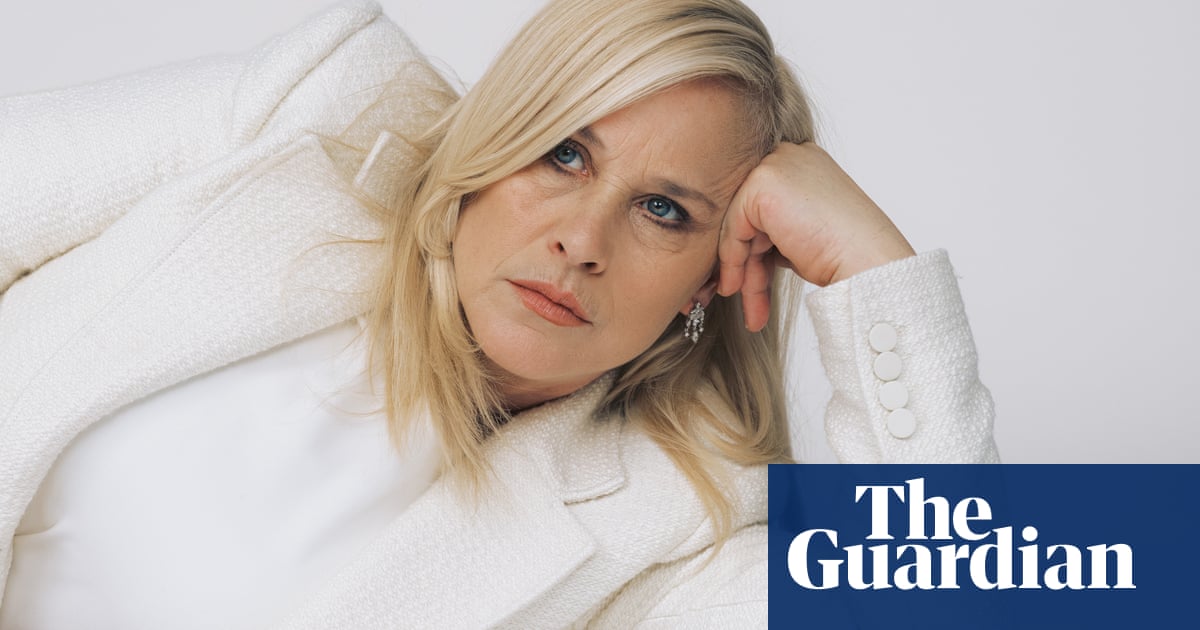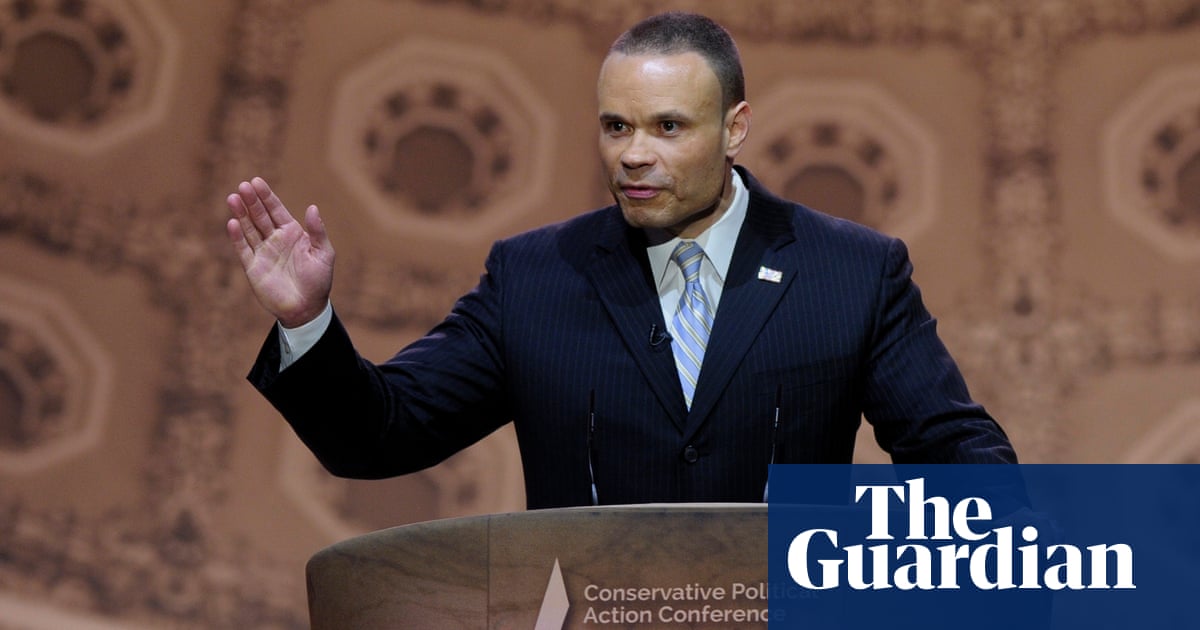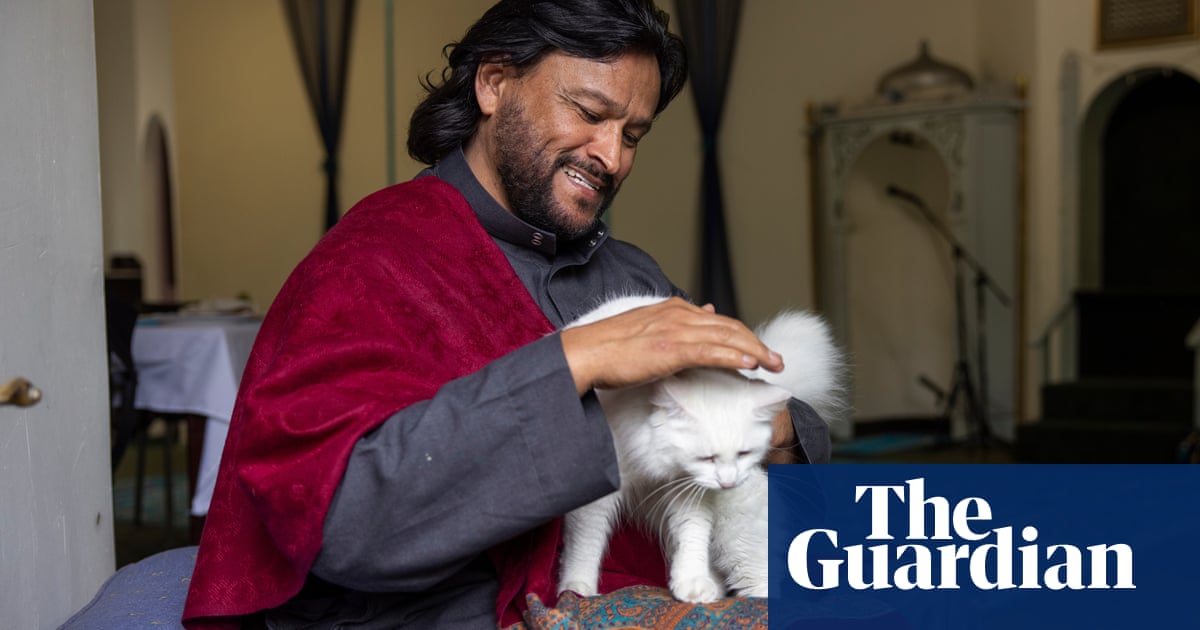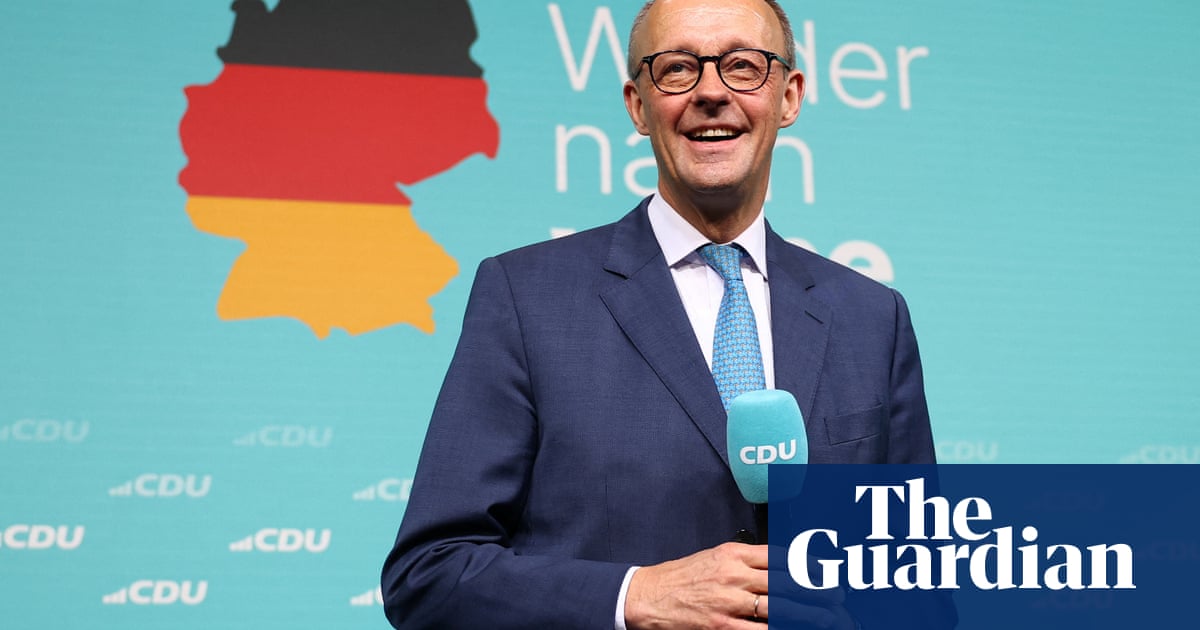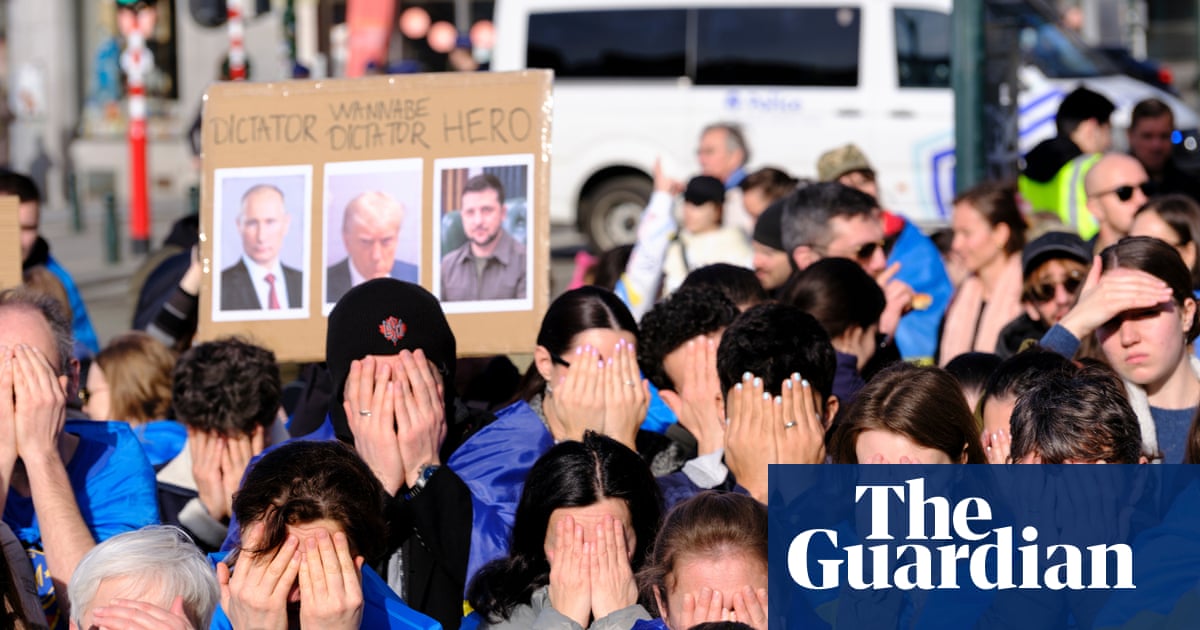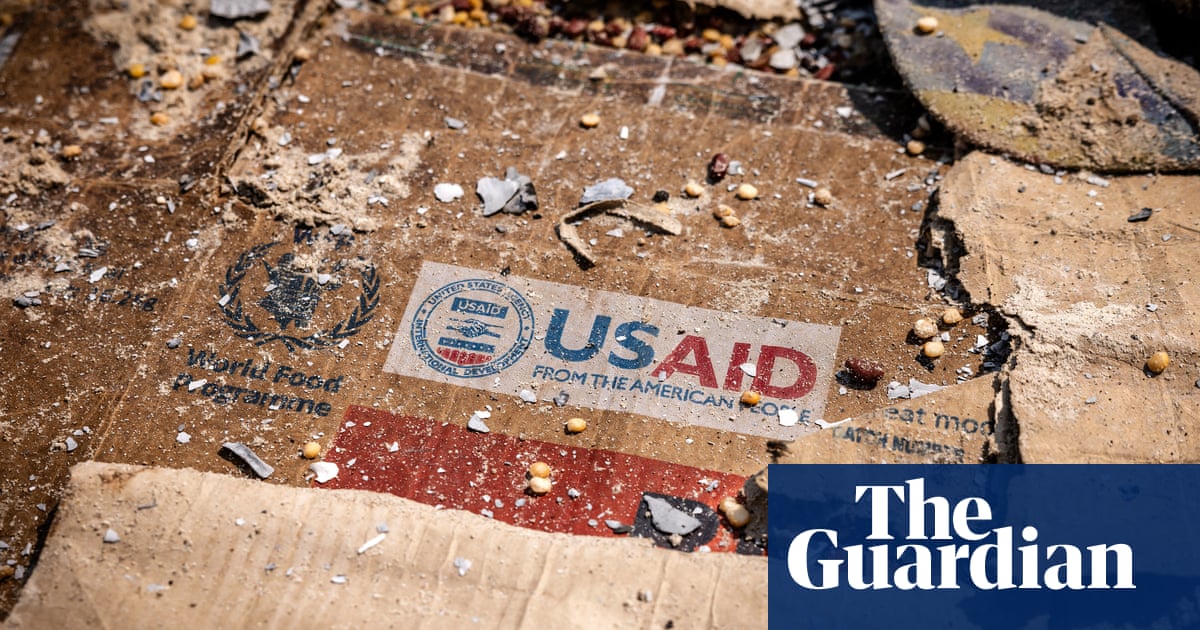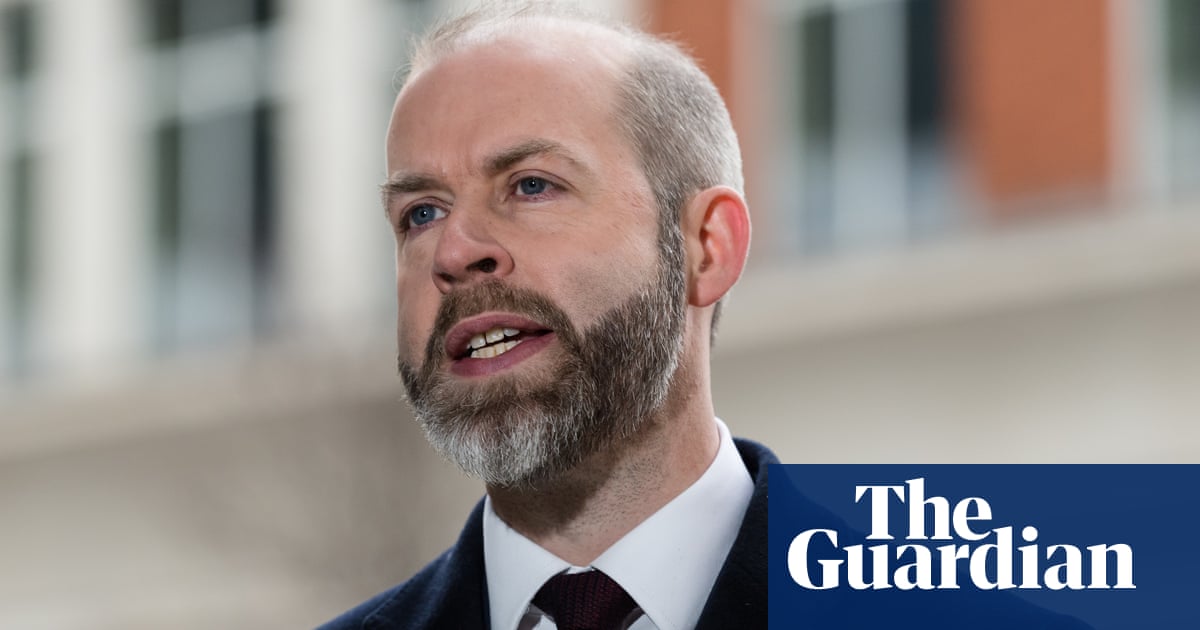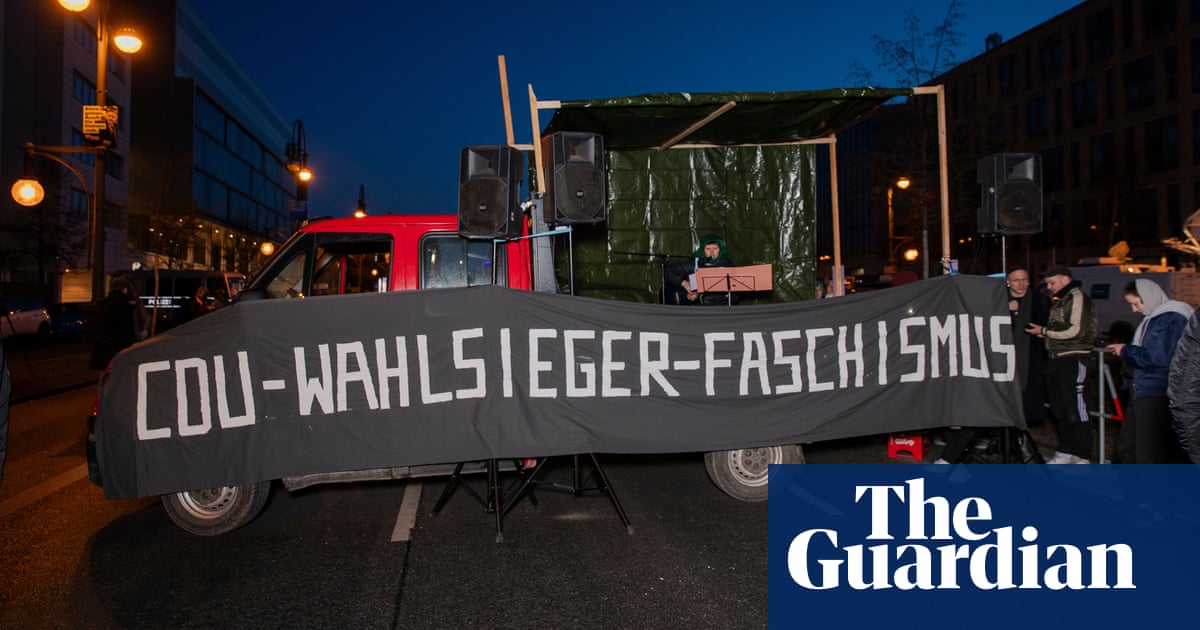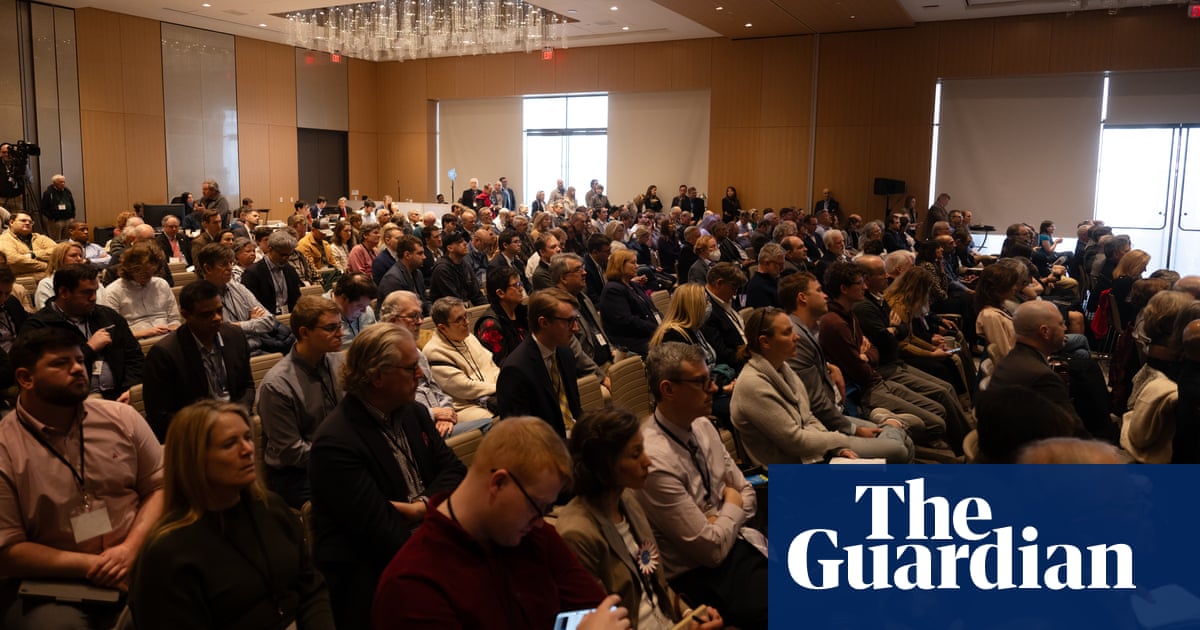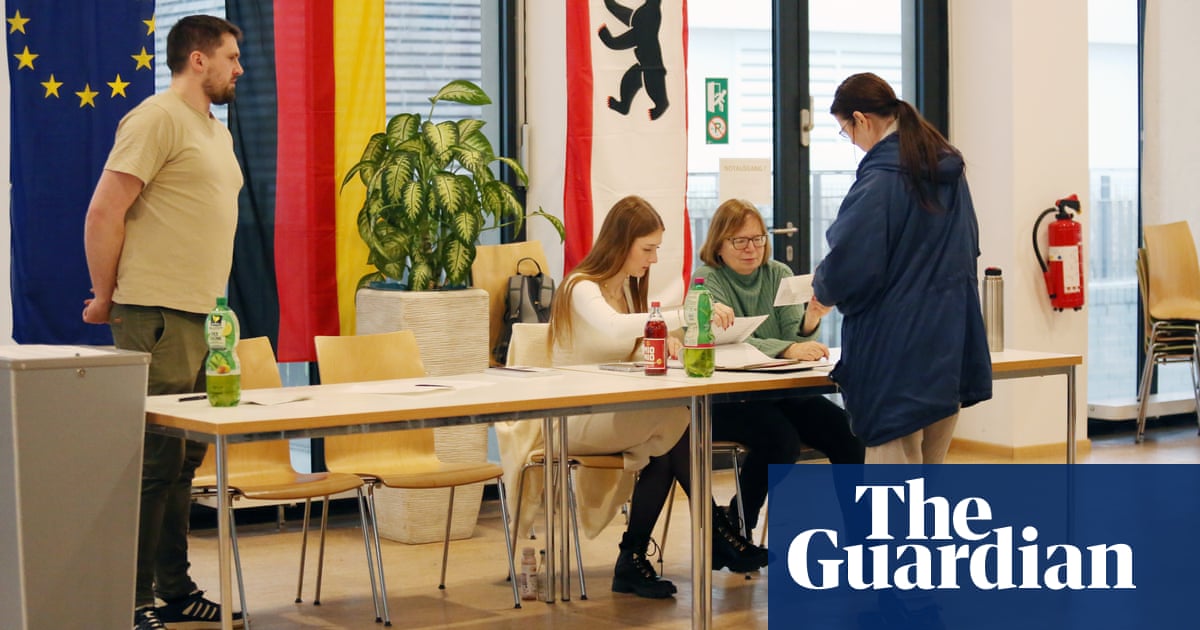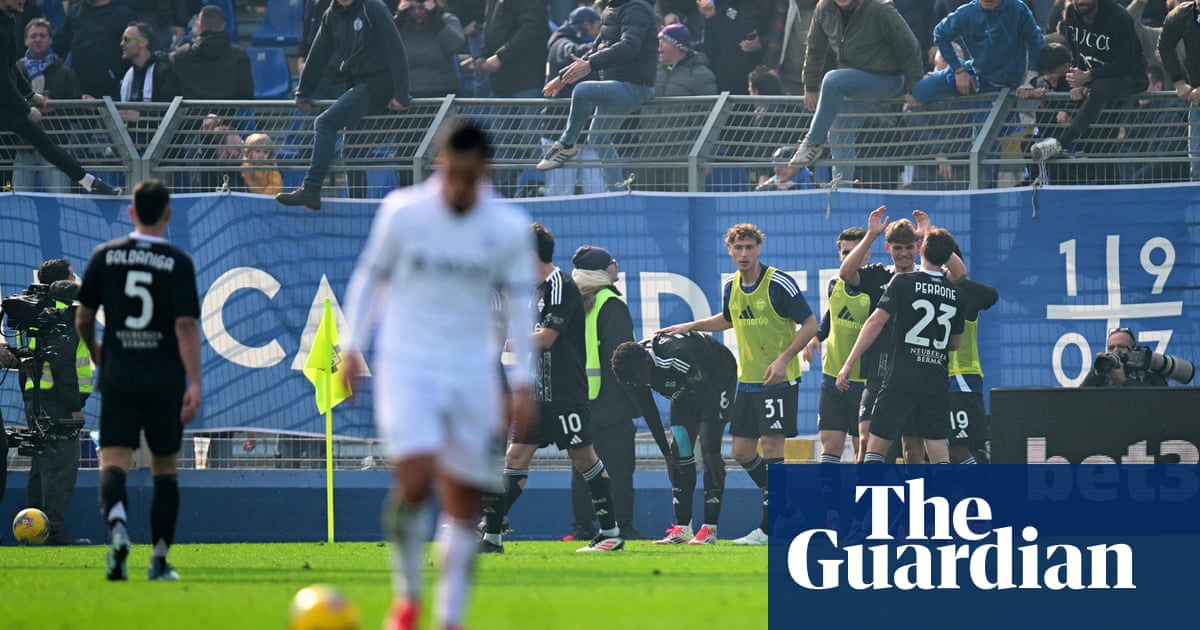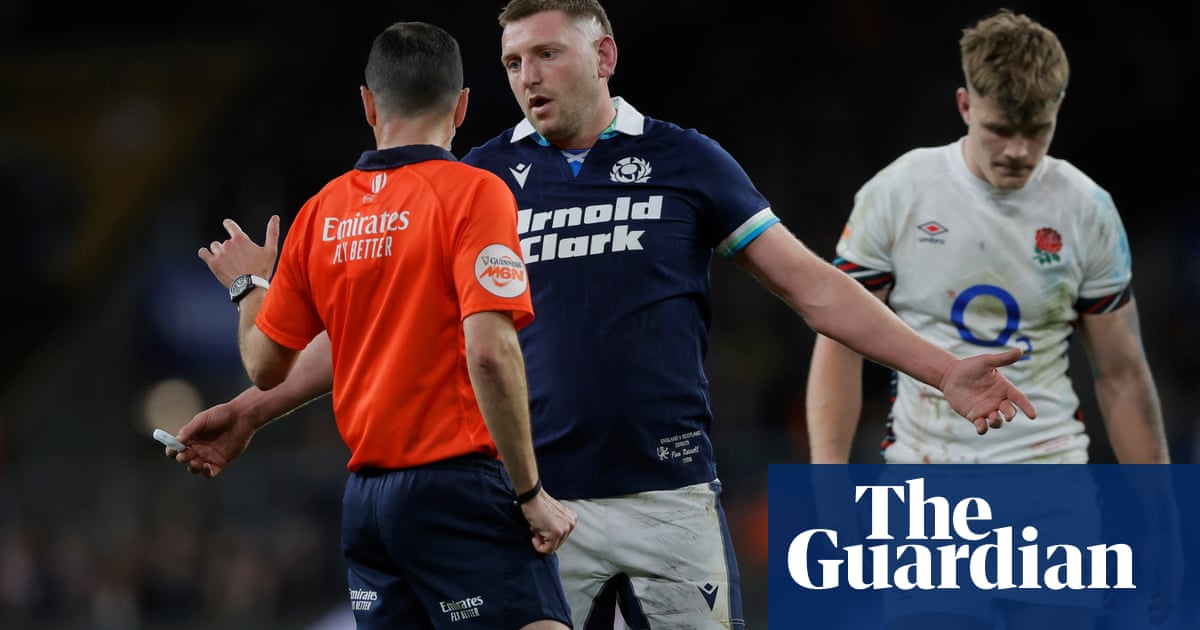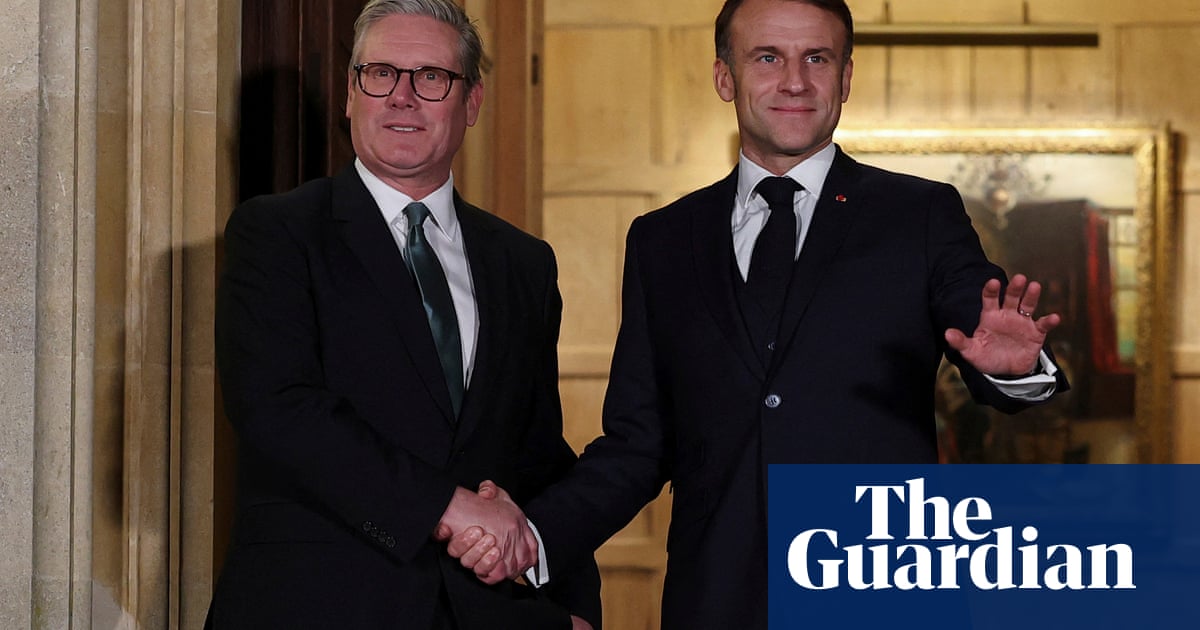
Che Smith is your favorite rapper’s favorite wordsmith. As Rhymefest, the Chicago native announced himself as a formidable battle rapper, verbally sparring with Eminem and other stars in the late 90s. He co-wrote some of Kanye West’s biggest hits, not least the Grammy-winning Jesus Walks, while carving out his own exemplary career as a conscious emcee. He won a Golden Globe and an Oscar for Glory, the Selma film soundtrack theme he co-wrote with John Legend and Common, a fellow Chicagoan.
Even as the successes piled up, Smith, 47, never stopped thinking about his humanitarian obligation to his home town of Chicago, cut down to a metonym for urban violence and rot.
This year, when Chicago held school board elections, the first in the city’s history, Smith decided to run as an independent because he believed his experiences and relationships in the art and music community could prove beneficial.
“I had my eye on this,” says Smith, an imposingly sage presence who commands attention whether on the stage or the stump. “I knew how historic an elected school board would be to Chicago, the last major municipality that did not have the democracy of an elected school board.”
Pitted against a pastor, a non-profit CEO and a former district principal, Smith won with 32% of the vote. Once sworn in, he hopes to use art to expand students’ horizons. “In terms of Stem – science, technology, engineering and math – why are we not adding arts to make Steam?” says Smith, a former teaching fellow at the University of Chicago’s Institute of Politics. “I know it sounds cliche, but if you’re taking a trigonometry class and learning angles, and you’re in art class learning angles, it could make you better at trigonometry.”
Smith’s twinning of commercial artistry with activism separates him from his rap celebrity peers who’d sooner shovel money into a foundation and occasionally turn up to hand out school supplies.

He might have become one of those check-writing celebrities if West’s mother, Donda, hadn’t intervened. “One of my biggest teachers,” Smith says of the late mentor he called Miss Maya, for Maya Angelou. “We would [come to campus] and play music for her when we’re 14 or 15. When she would hear us talk about shooting or selling dope, she would ask, ‘Is that really who you are? And if you get famous, is that who you want to be? Because if that is who people perceive you as, you’re going to have to live inside that character for the rest of your life.’”
Smith and West have been friends since they were teenagers, bonding over music. They came of age as Chicago was emerging as a hive of socially conscious rap and hip-hop force to rival the coasts. With Common and the producer No ID as guides and Twista and Lupe Fiasco pushing them, Smith and West emerged as a dynamic duo – the former putting weighty words to the latter’s chipmunk soul beats, inspiring generations of homegrown talents that run from Chance the Rapper to Earl Sweatshirt.
In 2011, Smith and West founded Art of Culture, a youth mentoring non-profit where Smith teaches writing and leads cultural retreats around the world. It was originally named Donda’s House. But differences of opinion over how the non-profit should be run drove a years-long rift between the two. Things are better between them now. “What we do have is brotherhood,” Smith says. “And I think we as human beings in America have to learn how to have brotherhood and village without always expecting somebody to make our dream come true.”

Smith’s imagination has carried him quite a distance. Unlike West, who was raised middle-class, Smith grew up poor and was raised by a single mother who had him at 15. He recounts some of this in a 2015 Showtime documentary called In My Father’s House. In it, Smith is driven to reunite with his father, absent from his life since age 12, after purchasing his childhood home. Despite dropping out of high school to pursue music, Smith gravitated to Donda and other individual teachers in his neighborhood – not least the Rev Jesse Jackson, who opened up the south side headquarters of his Operation Push civil rights organization for Wu-Tang concerts and rap shows featuring local artists.
After seeing that combination of song and social responsibility play out so seamlessly up close, with Donda’s “sage counsel” still ringing in his ears, Smith committed himself to a more practical brand of rap realness. “When you hear lines like ‘we all self conscious / I’m just the first to admit it’ [from West’s All Falls Down], that didn’t come from how brilliant we are as artists,” Smith says. “That came from teachers that trained us how to be authentic. We have great teachers here that work with you in art. And the same way that was done for me, it’s my duty to serve in that way for up and coming artists.”
Chicago city politics are notorious for being a vipers’ pit of sharp-elbowed, take-no-prisoners wheeler-dealing, defined by major party crony favor-trading for the better part of a century. The standard was set by Richard J Daley, the imperious mayor fabled to have fixed the 1960 presidential election for John F Kennedy. Decades later the same political machine would put Barack Obama in the White House.
It’s only in the last few years that the Chicago Teachers Union has emerged as a major political player, funneling more than $23m into Illinois candidate Pacs since 2010 – investment that culminated in the 2023 election of the mayor, Brandon Johnson, a former public school social studies teacher. In 2023 CTU and its affiliate unions spent nearly $6.5m on Chicago elections, more than any interest group.
Smith wasn’t the strongest candidate to represent district 10 – a craggy south side outcropping where a handful of high-performing schools are sprinkled among the failing and condemned. His given name alone, Che, taken from the Marxist revolutionary, writes its own attack ads; his Muslim faith provides the exclamation point.
“I have a brother that walked across 15 countries, through the Darién Gap, who lives in my house,” Smith says when I ask him how the immigration crisis is affecting city schools. “Chicago has been having low birth rates, 10,000 less children for the last 10 years. That means there are hardly any children to enroll in public schools.” The new arrivals, he argues, keep the schools filled and funded.
Then of course there’s the matter of Smith’s music career, another potential reason for voters to not take him seriously. Broadly, Smith takes offense at the way musicians are treated in the political arena, as if they’re only good for kicking off rallies. It pained him to watch Lil Jon deliver Georgia’s roll call at this year’s Democratic national convention in Chicago. “Lil John’s father is an aerospace engineer and his mother is a military nurse,” Smith says. “He can relate to people whether they’re low information or high information, and he’s not the only one. Kanye is the son of a Fulbright scholar. Lupe’s mom was a community activist. Chance’s parents are political operatives in the city. Why wouldn’t you let them reimagine policy? It’s a missed opportunity, but we artists have to take it upon ourselves not to wait to be handed power.”
Smith might have waited longer to make his move if Mark Ronson, a close collaborator and one-time label boss, hadn’t pushed him to write an open letter to the former British prime minister David Cameron after the then Conservative party leader took exception to the hip-hop-coded content on BBC Radio 1 in 2006, saying it “encourages people to carry guns and knives”.
“David Cameron – someone who I have very little, if anything, in common with – inspired me to know what my influence was as an artist and leverage my cultural currency for social and political justice,” recalls Smith. “But he said something that made sense in our meeting: ‘I turn on the radio, and all I hear is sirens, gunshots and violent rhetoric. I thought it was a national emergency. What am I supposed to do with that as a political leader?’
“I thought he had a point,” Smith goes on. But what I had to tell him is that his politics created that warning shot he heard on the radio.”

He believes one reason Cameron ultimately lost power is because he “was never really in tune with the people on the street”.
Keen to live up to his independent tag, Smith put $100,000 of his own nest egg into his school board bid – which was notably not endorsed by the Chicago Teachers Union. He says his victory is a credit to a grassroots coalition that ran the gamut from “the streets” to former university students – whose votes he counted as a “‘very good’ professor rating”. He further appreciates that some of the same people who voted for him also voted for Donald Trump – a man who once disparaged Chicago as a “war-torn” city of Black people and Latinos “living in hell”.
“Votes for Trump went up across the board in Black communities and Latino communities,” Smith says of the rightward shift in deep blue Chicago. “They voted for a deconstructor of systems. There’s a political realignment happening in America, and I don’t even think the institutions have caught up with it. There are a lot of people that long for the dismantling of the system for the opportunity to build it anew.”
Smith has a lot he wants to tackle in his first term – busing, strategic partnerships, the district’s $10bn budget shortfall. That doesn’t seem like it leaves much room for making or performing music. But because school board politics is essentially pro bono work, he’ll have to find the time. “You have to ask yourself, why are these interests putting millions of dollars into running candidates for a job that doesn’t pay?” he says.
There was a time in the not too distant past when Smith thought his raptivism could have lasting impact only if he were on a similar fame level to West, and not just a dope lyricist. But after his landmark victory, Smith feels like he’s finally meeting the political moment that was laid out for him long ago and is encouraging his industry peers to take similar authorship. “It’s not enough to make a song anymore,” he says. “You gotta make a song and then create a reality from it. It’s time to take all those raps and all those words and start to walk through them and create a better society from the imagination of the music. That’s what I’m doing.”

 2 months ago
44
2 months ago
44

